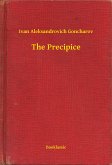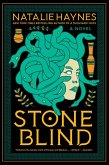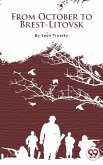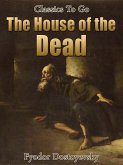One morning, just as I was about to set off to my office, Agrafena, my cook, washerwoman and housekeeper, came in to me and, to my surprise, entered into conversation. She had always been such a silent, simple creature that, except her daily inquiry about dinner, she had not uttered a word for the last six years. I, at least, had heard nothing else from her. "Here I have come in to have a word with you, sir," she began abruptly; "you really ought to let the little room." "Which little room?" "Why, the one next the kitchen, to be sure." "What for?" "What for? Why because folks do take in lodgers, to be sure." "But who would take it?" "Who would take it? Why, a lodger would take it, to be sure." "But, my good woman, one could not put a bedstead in it; there wouldn't be room to move! Who could live in it?" "Who wants to live there! As long as he has a place to sleep in. Why, he would live in the window." "In what window?"
Dieser Download kann aus rechtlichen Gründen nur mit Rechnungsadresse in A, B, BG, CY, CZ, D, DK, EW, E, FIN, F, GR, H, IRL, I, LT, L, LR, M, NL, PL, P, R, S, SLO, SK ausgeliefert werden.









